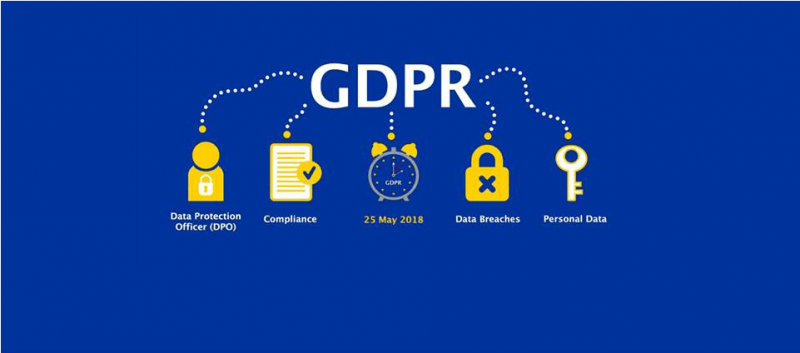
The General Data Protection Regulation (GDPR) is a comprehensive data privacy and protection regulation enacted by the European Union (EU) in May 2018. It was designed to give individuals greater control over their personal data and to harmonize data protection laws across the EU member states. GDPR replaced the Data Protection Directive of 1995 and introduced significant changes and requirements for organizations that process personal data.
Key aspects of GDPR and how it may affect individuals and organizations are as follows:
1. **Data Protection Principles**: GDPR sets out several key principles that organizations must follow when processing personal data. These include principles such as transparency, purpose limitation, data minimization, accuracy, storage limitation, integrity, and confidentiality.
2. **Individual Rights**: GDPR grants individuals several rights over their personal data. These rights include the right to access, rectify, erase, or port their data, as well as the right to object to or restrict its processing. Individuals also have the right to be informed about how their data is used.
3. **Consent**: Organizations must obtain clear and unambiguous consent from individuals before processing their data. Consent must be freely given, specific, informed, and easily revocable. Organizations must also provide individuals with clear information about how their data will be used.
4. **Data Breach Notification**: GDPR mandates that organizations must notify the relevant data protection authority and affected individuals of data breaches that may pose a risk to individuals’ rights and freedoms within 72 hours of becoming aware of the breach.
5. **Data Protection Officers (DPOs)**: Certain organizations are required to appoint a Data Protection Officer responsible for ensuring compliance with GDPR. DPOs act as a point of contact for data protection matters within the organization.
6. **International Data Transfers**: GDPR restricts the transfer of personal data outside of the European Economic Area (EEA) unless adequate safeguards are in place. This impacts international businesses and service providers.
7. **Penalties**: GDPR introduced significant fines for non-compliance, with penalties of up to €20 million or 4% of a company’s global annual revenue, whichever is higher.
8. **Data Processing Records**: Organizations are required to maintain detailed records of their data processing activities, including the purposes of processing and the legal basis for processing.
9. **Privacy by Design and Default**: GDPR promotes the concept of privacy by design and default, meaning that organizations are encouraged to consider data protection principles from the outset of designing systems, products, or services.
10. **Accountability and Governance**: Organizations are expected to implement robust data protection policies and practices, including conducting data protection impact assessments (DPIAs) for high-risk processing activities.
Individuals may be affected by GDPR in several ways:
1. **Greater Control**: GDPR gives individuals more control over their personal data, allowing them to access, correct, and even erase their data from an organization’s records.
2. **Increased Privacy**: GDPR aims to improve the overall privacy and security of individuals’ personal data, reducing the risk of data breaches and unauthorized use.
3. **Transparency**: Organizations are required to be more transparent about how they use personal data, which can help individuals make informed decisions about sharing their information.
4. **Data Protection Rights**: Individuals have stronger rights to protect their data, including the right to complain to data protection authorities if they believe their rights have been violated.
5. **Reduced Unsolicited Marketing**: GDPR has led to stricter rules regarding unsolicited marketing communications, reducing the volume of unwanted emails and messages.
For organizations, GDPR necessitates significant changes in data handling practices, including data protection policies, procedures, and documentation, to ensure compliance with the regulation. Non-compliance can result in substantial fines and reputational damage. Therefore, understanding and adhering to GDPR is crucial for both individuals and organizations operating within the EU or processing EU residents’ personal data.
Follow Us On Social Media: 2706total visits,2visits today
2706total visits,2visits today